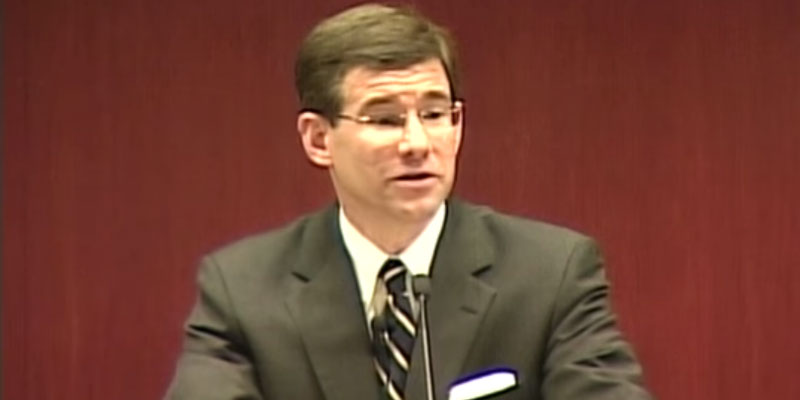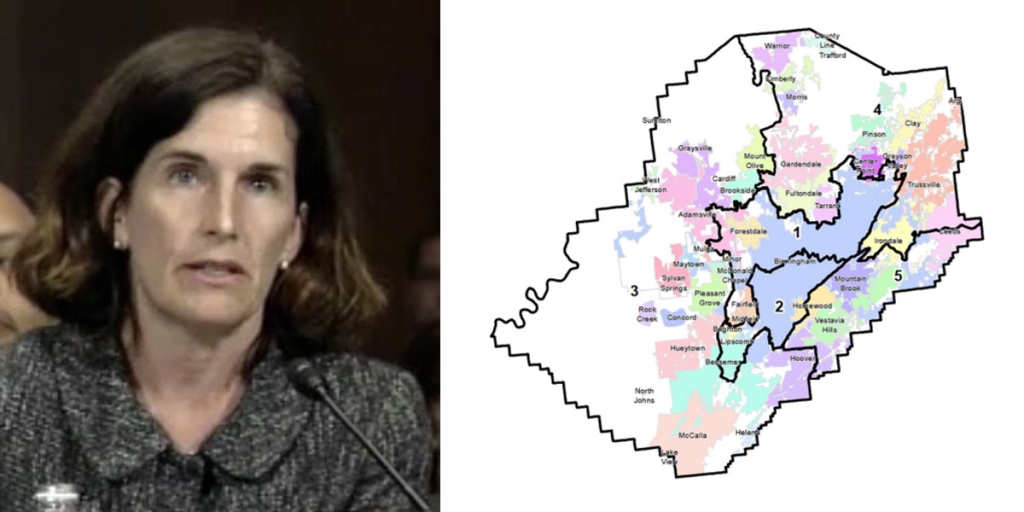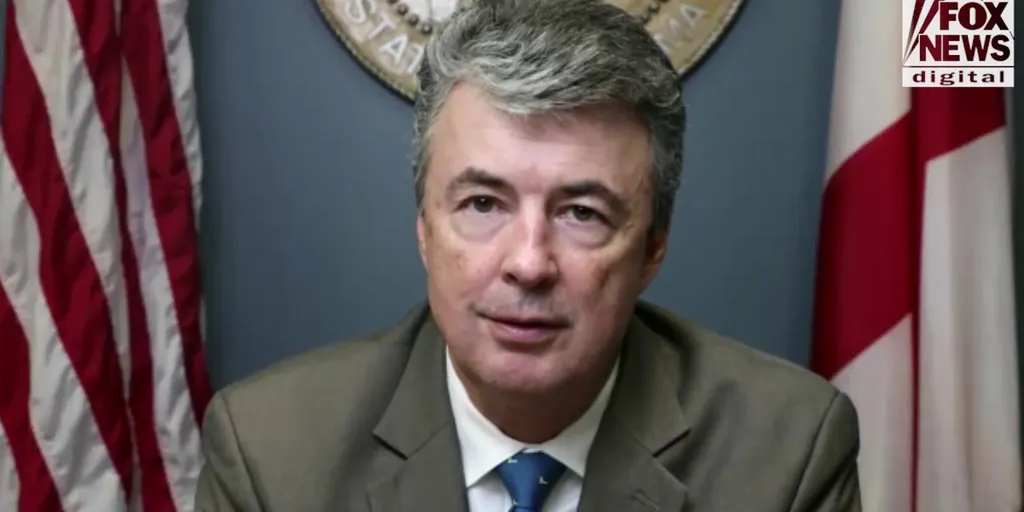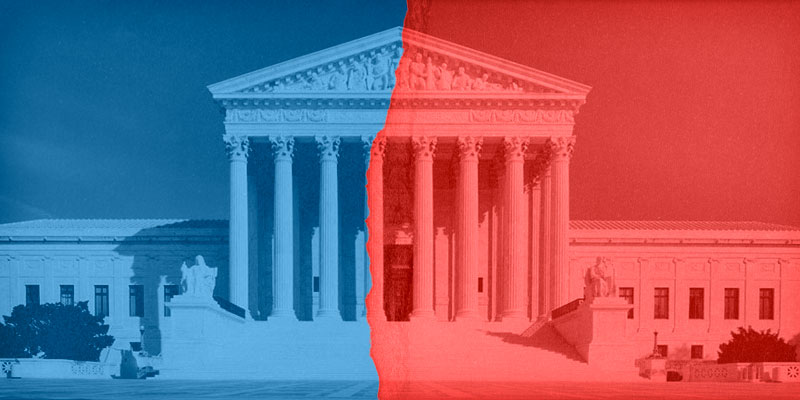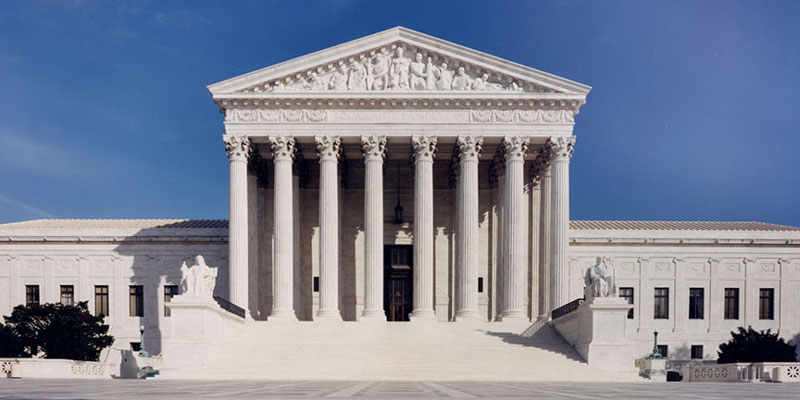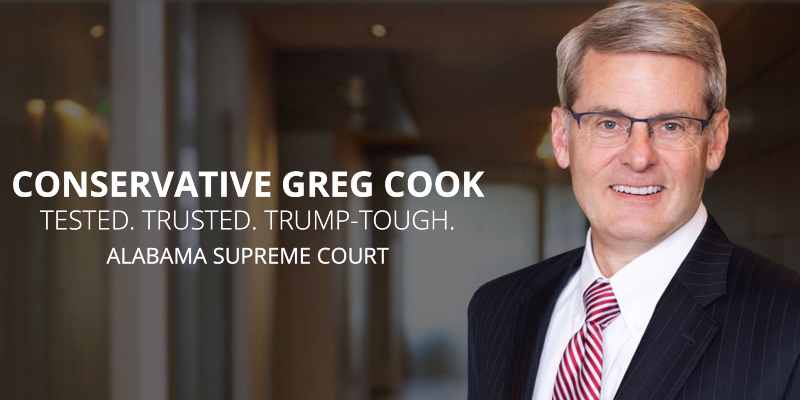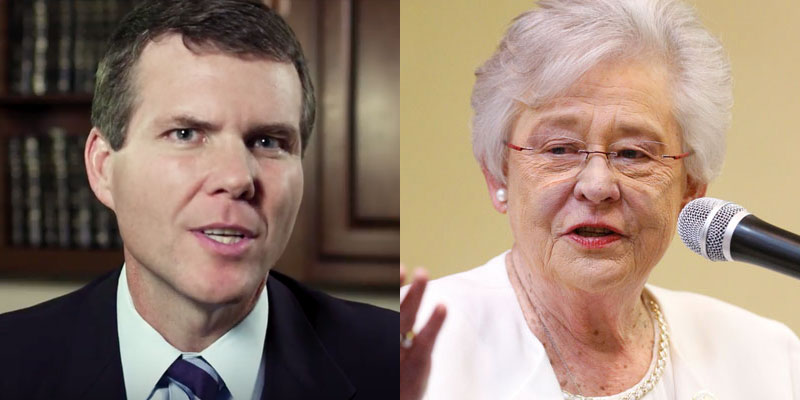There was a time when Alabama’s William Pryor, a former attorney general and current federal appeals court judge, seemed a good bet to one day join the Supreme Court.
Last year, he was rumored to be at the very top of President Donald Trump’s list to replace Justice Antonin Scalia, who had died the prior year.
Trump picked Justice Neil Gorsuch instead, and Pryor seems to have slipped from front-tier consideration for the job of retiring Justice Anthony Kennedy.
John Malcolm, who served as a deputy assistant attorney general in the George W. Bush administration and has advised the Trump administration on judicial selections, summed up Pryor’s fall in one word – abortion.
“He was my favorite for the last vacancy,” said Malcolm, who is vice president the Institute for Constitutional Government at the conservative-leaning Heritage Foundation.
He added, “I still think the world of Bill Pryor, both as a person and a judge.”
The political reality is that Republicans have only 51 seats in the 100-member Senate, however, and one of them — John McCain, of Arizona — largely has been absent while battling terminal cancer. That gives abortion-rights Republicans outsized influence.
Moderate Sen. Susan Collins (R-ME) made clear on Sunday that she would not accept a justice committed to overturning the Roe v. Wade decision the legalized abortion nationwide.
“I would not support a nominee who demonstrated hostility to Roe v. Wade, because that would mean to me that their judicial philosophy did not include a respect for established decisions, established law,” she said on CNN’s “State of the Union.”
On “This Week with George Stephanopoulos,” Collins told guest host Martha Raddatz that she considers the concept of precedent is important.
“There are people on that list who I could not support because I believe they have demonstrated a disrespect for the vital principle of stare decisis, which, as Chief Justice (John) Roberts has said, is the fundamental principle of our judicial system that promotes even-handedness and stability,” she said.
Collins did not name names, but it is hard not believe she had Pryor in mind. Most judges and potential judges are careful not to publicly discuss their views on court cases — particularly those as contentious as Roe v. Wade.
Pryor’s record makes such an approach difficult. Before taking the bench, he wrote a law review article in which he called the Roe decision “the worst abomination in the history of constitutional law.”
During Pryor’s Senate confirmation hearing in 2003 to be a judge on the 11th U.S. Circuit Court of Appeals in Atlanta, Sen. Chuck Schumer (D-N.Y.) pressed him on that.
“Do you believe that now?” he asked.
Malcolm said he believes Schumer fully expected Pryor to backtrack and distance himself from that comment.
“But he did not,” he said. “He gave his opinion then went on to say as a lower court judge, he’d be bound by precedent. And he has honored that as an 11th Circuit judge. … But of course, the calculus changes as a Supreme Court justice.”
John Carroll, a former federal magistrate judge who now teaches at Samford University’s Cumberland School of Law in Birmingham, noted that Pryor drew some opposition from the conservative side of the spectrum when his name surfaced as a potential justice last year.
Some supporters of former Alabama Supreme Court Justice Roy Moore resented the role Pryor played, as attorney general, in removing Moore from office for his refusal to comply with a federal judge’s order to take down a Ten Commandments monument in the Alabama Judicial Building.
Other conservatives objected to a 2011 ruling in which Pryor joined the majority in holding that constitutional doctrine prohibiting sex discrimination applies to certain instances of discrimination against transgender people.
“I don’t think it’s anything Judge Pryor has done,” Carroll said. “He’s still the same judge he’s been.”
Carroll pointed to other factors working against Pryor.
“His age is now a problem. He’s 56,” he said.
Trump has shown a preference for younger candidates who will have more time to make a mark on the federal judiciary. Carroll said he recently talked with people helping the president identify potential nominee for lower court jobs.
“They told me that age was very, very important,” he said.
Carroll said he also suspects that based on the positive response Trump got to the Gorsuch nomination, he puts a higher premium on judges who have Ivy League pedigrees. Pryor graduated from Tulane University School of Law in New Orleans.
“A lot of this has to do, quite frankly, with the president changing his mind about what he wants,” he said. “Credentials mean much more than they did.”
Malcolm said he hopes the window has not closed for Pryor.
“I would hate to think Bill Pryor’s time has passed, because I think so highly of him, but I really don’t know,” he said.
@BrendanKKirby is a senior political reporter at LifeZette and author of “Wicked Mobile.”




